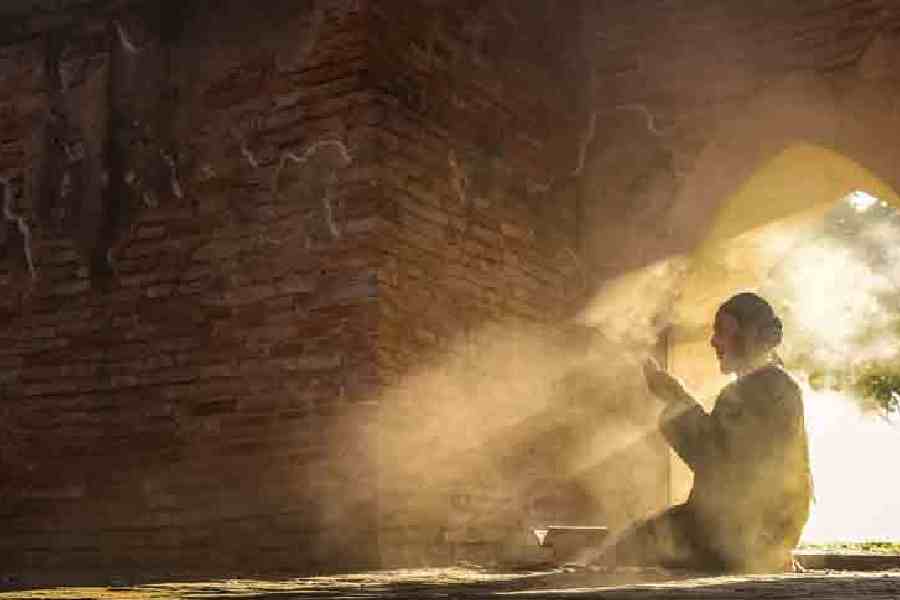As the sermon about Ramzan sounded over the speakers from Al-Aqsa Mosque, 13-year-old Yousef al-Sideeq sat on a bench outside the compound’s gates.
“Most Fridays, they prevent me from getting in, for no reason,” the young Jerusalem resident said, referring to the Israeli police.
Every Friday, Yousef visits Jerusalem’s Old City to pray at Al-Aqsa, the third-holiest site for Muslims and part of the compound sacred to Jewish people, who call it the Temple Mount. But since the Hamas-led October 7 attacks and Israel’s ensuing bombardment of the Gaza Strip, heavily armed Israeli police forces who guard many of the Old City’s gates have stopped him from entering the compound, he said. He has managed to get in only twice.
Muslim access to the mosque has long been a point of contention as Israel has exerted tighter control in recent years over the compound, one of many restrictions Palestinians living under decades of Israeli occupation have had to endure.
As Ramzan begins, many fear what, if any, additional constraints Israel may impose on the religious site, which can draw 200,000 people in one day from not just Jerusalem but the Israeli-occupied West Bank and Israel as a whole.
Israeli police said people were “entering after enhanced security checks that are conducted due to the current reality, alongside efforts to prevent any disturbances”. But they did not answer specific questions about whether there was a policy preventing certain worshippers, especially young men, from entering the mosque on Friday. They said they were “maintaining a balance between the freedom of worship and the imperative of ensuring security”.
Late on Sunday, Palestinian and Israeli news media reported that the police officers prevented many Palestinians from entering Al-Aqsa to perform prayers for the start of Ramazan. Both media cited a video that showed officers with batons chasing and beating some Palestinians.
Israel has said there has been no change to the status quo, which allows only Muslims to worship at the compound. The site is revered by Jews as the location of two ancient temples, and by Muslims as the Noble Sanctuary, the compound containing Al-Aqsa Mosque and other important Islamic prayer spaces.
New York Times News Service










